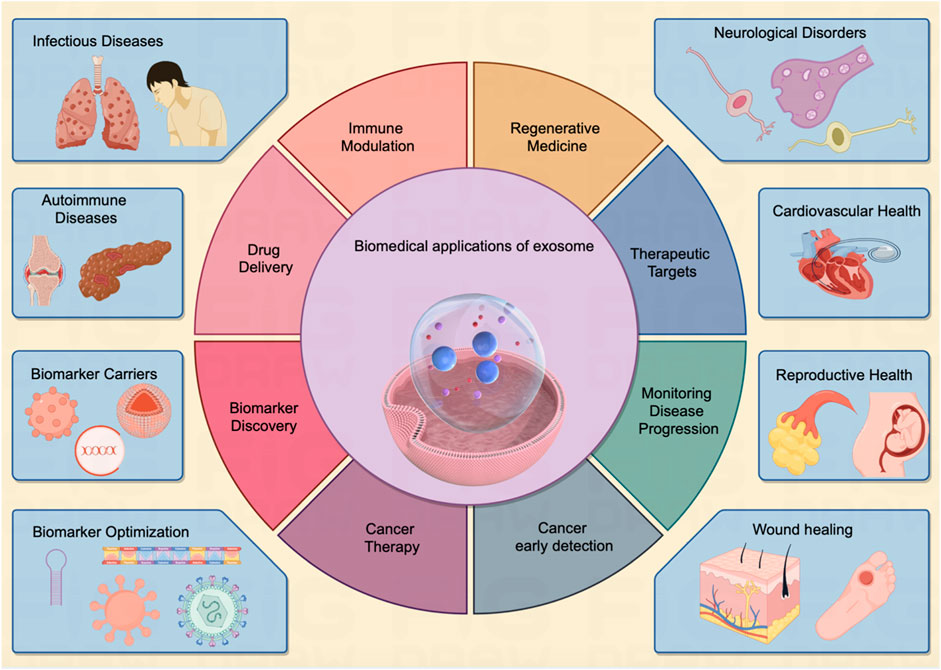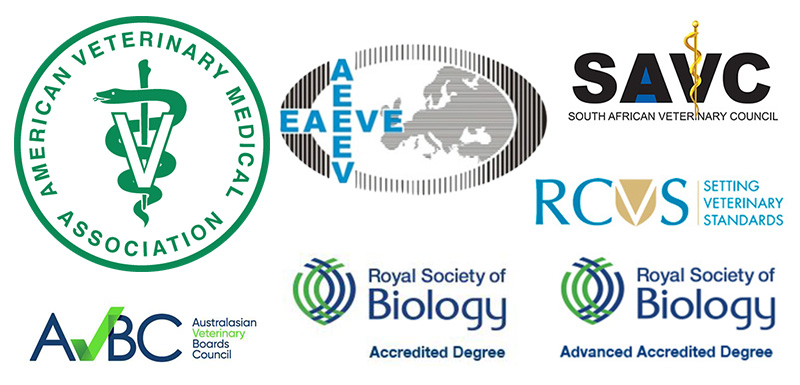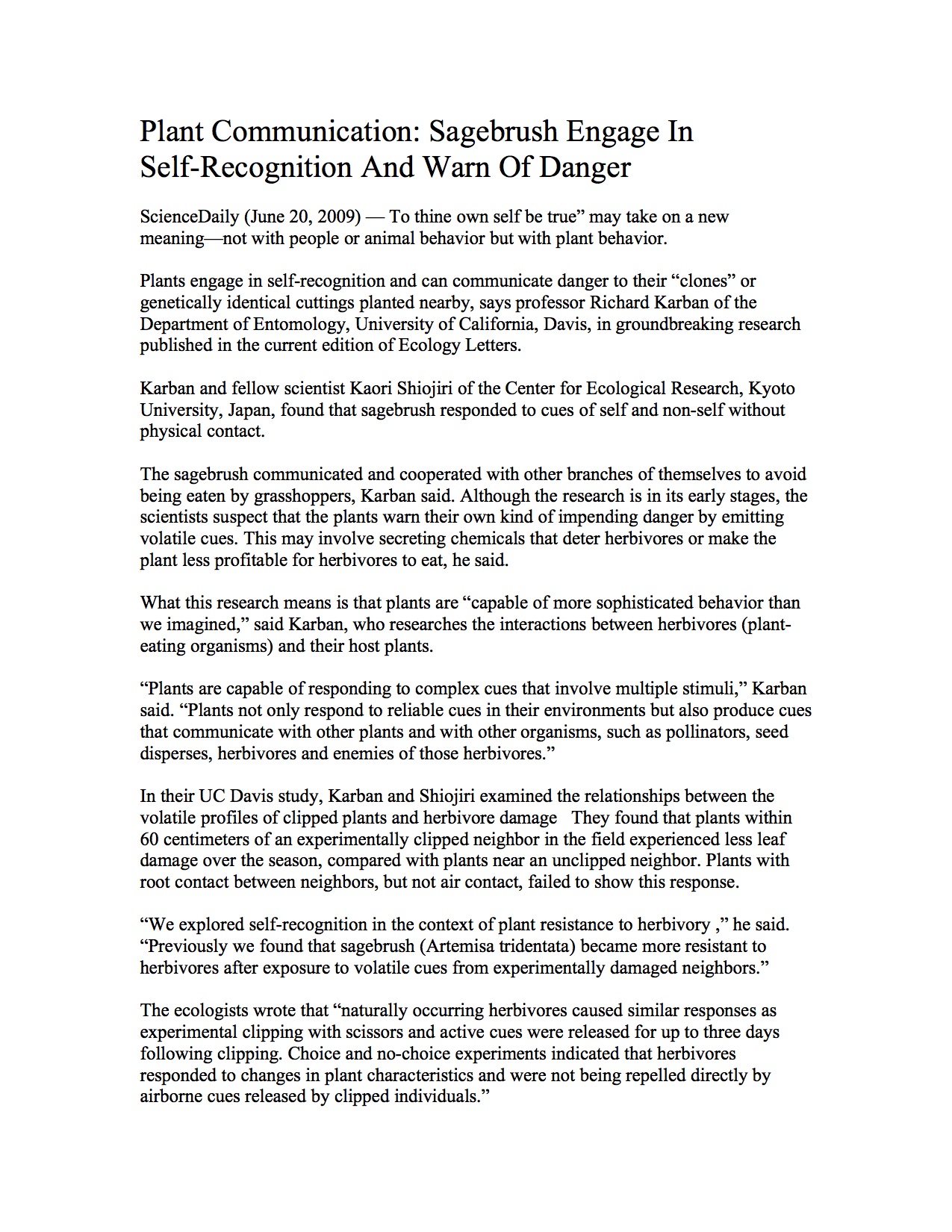Report on Sno Pac Foods Spinach Recall and its Implications for Sustainable Development Goals
Executive Summary
Sno Pac Foods of Minnesota has initiated a voluntary recall of specific lots of organic frozen spinach due to potential contamination with Listeria monocytogenes. This report details the recall, analyzes the public health risks, and examines the incident through the lens of the United Nations Sustainable Development Goals (SDGs), particularly SDG 2 (Zero Hunger), SDG 3 (Good Health and Well-being), and SDG 12 (Responsible Consumption and Production).
1.0 Recall Details
The recall, announced by the U.S. Food and Drug Administration (FDA), affects products distributed to retail stores and distributors nationwide. The production of the implicated spinach has been suspended pending an investigation into the source of the contamination.
1.1 Affected Products
-
Del Mar 35-pound Bulk Organic Frozen Spinach
- Lot Codes: 250107A, 250107B, 250107C, 250107D, 2501071, 2501073
- Expiry Date: January 7, 2027
-
Sno Pac 10-ounce Organic Frozen Cut Spinach
- Lot Code SPM1.190.5 with Best By Date: July 9, 2027
- Lot Code SPC1.160.5 with Best By Date: June 9, 2027
- Lot Code SPC2.160.5 with Best By Date: June 9, 2027
- Lot Code SPM1.097.5 with Best By Date: April 7, 2027
2.0 Public Health Impact and Alignment with SDG 3: Good Health and Well-being
The potential for Listeria contamination poses a direct threat to public health, undermining the core objectives of SDG 3: Good Health and Well-being. This goal aims to ensure healthy lives for all. Foodborne illnesses are a significant barrier to achieving this target.
2.1 Health Risks Associated with Listeria
- Vulnerable Populations: The infection can be serious and potentially fatal for young children, the elderly, and individuals with compromised immune systems. It also presents a severe risk to pregnant individuals, potentially causing miscarriages and stillbirths.
- Healthy Individuals: Symptoms can include high fever, severe headache, stiffness, nausea, abdominal pain, and diarrhea.
As of the report date, no illnesses have been linked to this recall. However, the proactive measure is critical for safeguarding community health, a foundational element of SDG 3.
3.0 Implications for SDG 2 (Zero Hunger) and SDG 12 (Responsible Consumption and Production)
This recall highlights critical challenges related to food security and sustainable production systems, directly impacting SDG 2 and SDG 12.
3.1 Food Security and Waste (SDG 2)
SDG 2: Zero Hunger, aims to ensure access to safe, nutritious, and sufficient food for all. Food safety is a non-negotiable component of food security.
- Contamination events render food unsafe for consumption, directly reducing the available food supply.
- The subsequent disposal of recalled products contributes to food waste, which works directly against the goal of ending hunger and ensuring food security.
3.2 Responsible Production and Consumption (SDG 12)
SDG 12: Responsible Consumption and Production, calls for sustainable management and efficient use of natural resources. This incident points to a breakdown in safe production protocols.
- The recall underscores the necessity of robust quality control and safety measures throughout the food supply chain to prevent contamination.
- Suspending production to investigate the source is a necessary step toward rectifying the failure and reinforcing responsible production practices, in line with SDG 12’s targets on reducing waste generation and achieving the environmentally sound management of all wastes.
4.0 Recommendations and Conclusion
The FDA advises consumers in possession of the recalled products to either dispose of them immediately or return them to the place of purchase for a full refund. This incident serves as a critical reminder that food safety is intrinsically linked to global sustainable development. Achieving goals for health (SDG 3), food security (SDG 2), and responsible production (SDG 12) requires vigilant, transparent, and effective safety systems across the entire food industry.
Analysis of the Article in Relation to Sustainable Development Goals
1. Which SDGs are addressed or connected to the issues highlighted in the article?
SDG 2: Zero Hunger
- The article discusses a food recall due to contamination, which directly impacts food safety. Food safety is a critical component of food security, a cornerstone of SDG 2. Ensuring that available food is safe to eat is fundamental to ending hunger and malnutrition.
SDG 3: Good Health and Well-being
- The primary focus of the article is the public health risk associated with listeria contamination. The text explicitly states that listeria “can cause serious or fatal infections in young children, elderly people and those with weakened immune systems” and can also lead to “miscarriages and stillbirths.” This directly relates to the goal of ensuring healthy lives and promoting well-being for all ages.
2. What specific targets under those SDGs can be identified based on the article’s content?
Target 2.1: End hunger and ensure access to safe food
- This target aims to “ensure access by all people… to safe, nutritious and sufficient food all year round.” The recall of Sno Pac’s organic frozen spinach because it is potentially unsafe due to listeria contamination is a direct issue of food safety. The actions described, such as the FDA announcement and the company recall, are mechanisms designed to protect the public and uphold the “safe food” aspect of this target.
Target 3.9: Substantially reduce the number of deaths and illnesses from hazardous chemicals and air, water and soil pollution and contamination
- This target focuses on reducing illnesses from various forms of contamination. Listeria is a biological contaminant in food that can cause severe illness and death. The article’s warning about the health risks—”serious or fatal infections,” “high fever, severe headache, stiffness, nausea, abdominal pain and diarrhea”—directly aligns with the goal of preventing illnesses caused by food contamination.
3. Are there any indicators mentioned or implied in the article that can be used to measure progress towards the identified targets?
Implied Indicator for Target 2.1: Number of food recalls due to biological or chemical contamination
- The article is centered around a specific food recall event (“Sno Pac Foods, a Minnesota-based company, is recalling two types of organic frozen spinach due to potential listeria contamination”). The frequency and number of such recalls serve as a direct measure of how well the food supply chain is ensuring food safety. A reduction in recalls would indicate progress towards providing consistently safe food.
Implied Indicator for Target 3.9: Incidence of foodborne illness
- The article provides a direct data point for this indicator in the context of the specific recall by stating, “So far, no illnesses have been reported.” This highlights that a key metric for success in managing food contamination is the number of people who become ill. Tracking the incidence of illnesses (like listeriosis) resulting from contaminated food products is a crucial way to measure progress toward reducing illnesses as outlined in Target 3.9.
4. Table of Identified SDGs, Targets, and Indicators
| SDGs | Targets | Indicators |
|---|---|---|
| SDG 2: Zero Hunger | Target 2.1: By 2030, end hunger and ensure access by all people, in particular the poor and people in a vulnerable situation, including infants, to safe, nutritious and sufficient food all year round. | Implied Indicator: Number of food recalls due to contamination (The article reports on a specific recall of frozen spinach). |
| SDG 3: Good Health and Well-being | Target 3.9: By 2030, substantially reduce the number of deaths and illnesses from hazardous chemicals and air, water and soil pollution and contamination. | Implied Indicator: Incidence of foodborne illness (The article states, “So far, no illnesses have been reported” from this specific contamination event). |
Source: cbsnews.com







